Two Recent Studies In Women With a Personal History of Breast Cancer
In the diagnosis of breast cancer, MRI has been shown to provide additional information that supports other modalities such as full-field digital mammography, tomosynthesis, and ultrasound examinations.¹
Yet, the extended time it takes to perform a full-protocol MRI exam means each test will be more costly and less frequent, and that’s what makes large-scale MRI breast cancer screening such a challenging proposition.
However, abbreviated MR imaging (AMRI) has been shown to maintain similar diagnostic accuracy as full-protocol MR imaging (F-PMRI), with the added benefit of significantly shorter time demands.
To demonstrate the difference, a recent study among two well-matched groups of women with a personal history of breast cancer was performed, with one group receiving abbreviated MRI, the other full-protocol MRI.
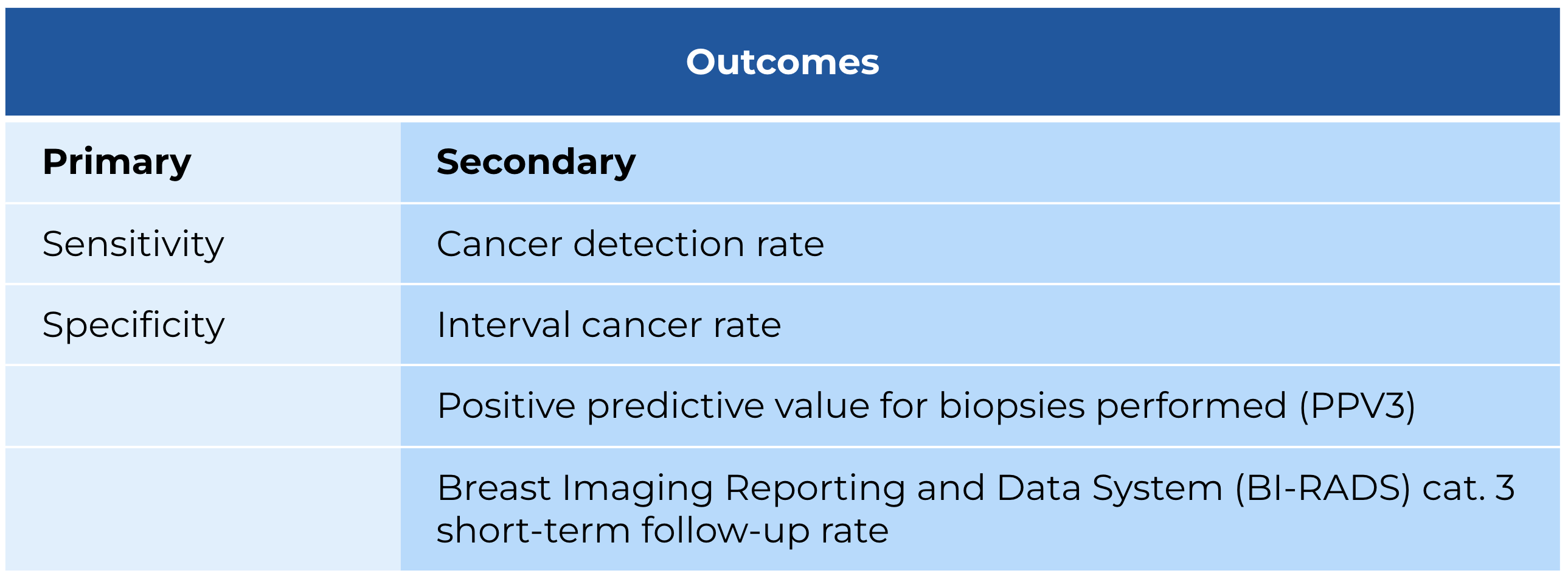
Results
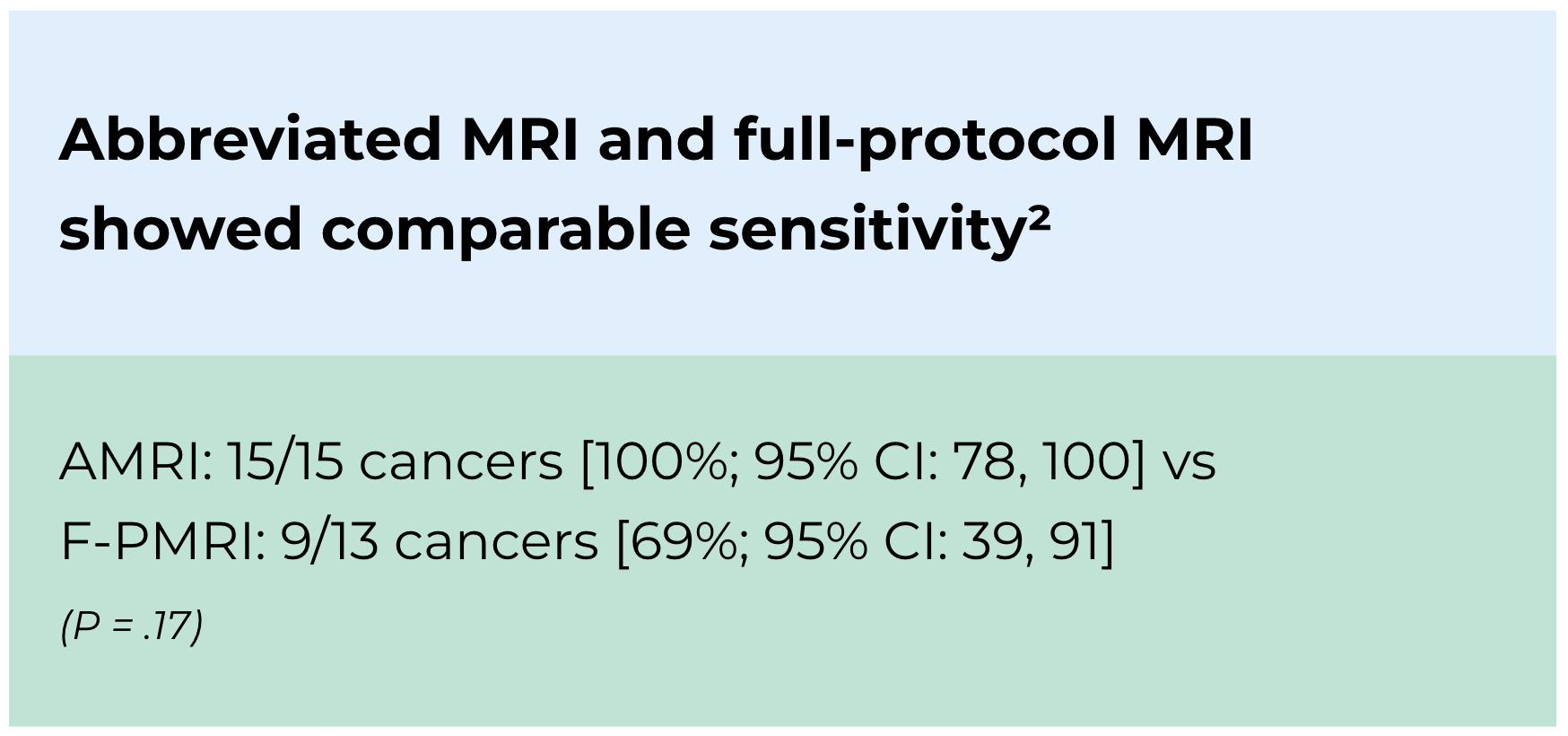
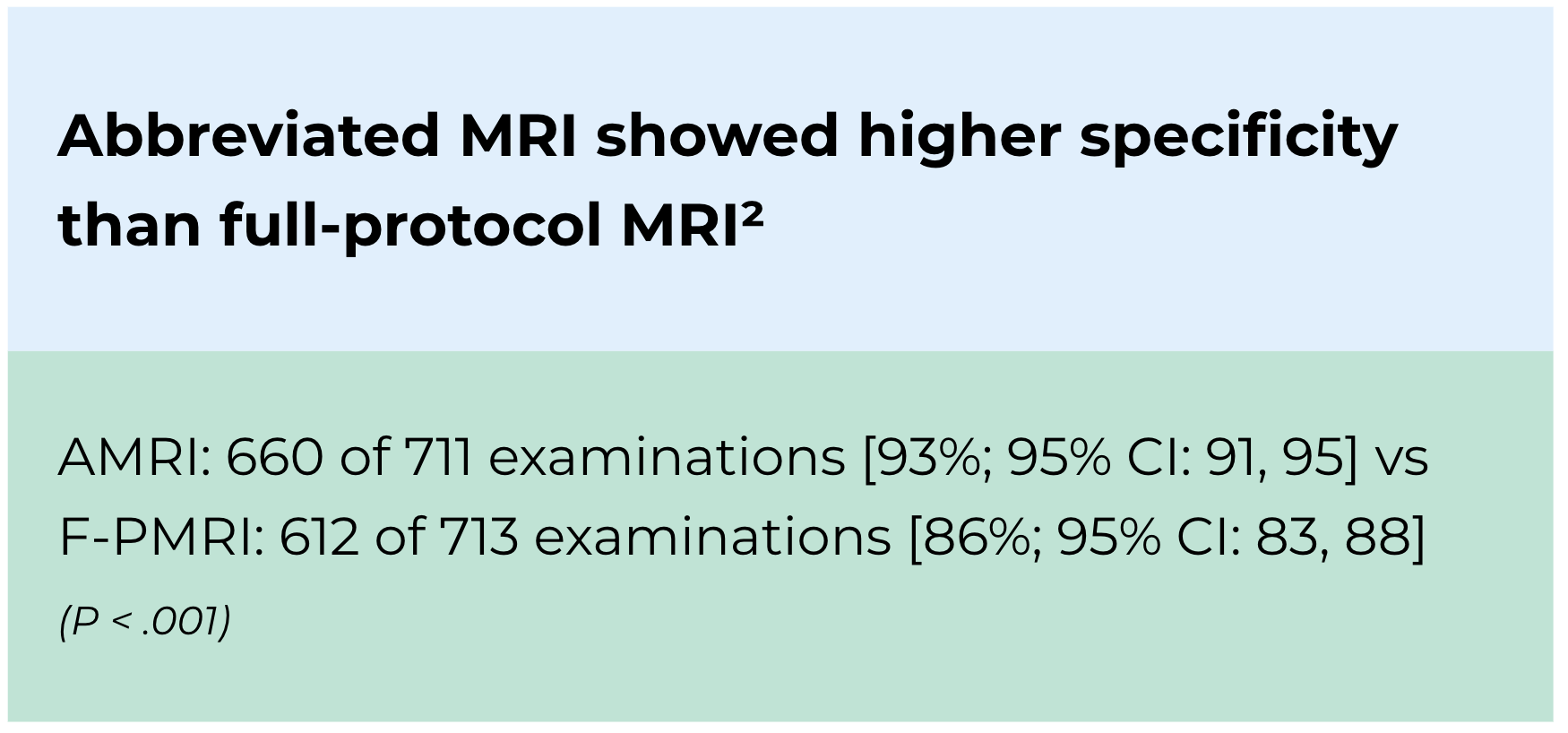
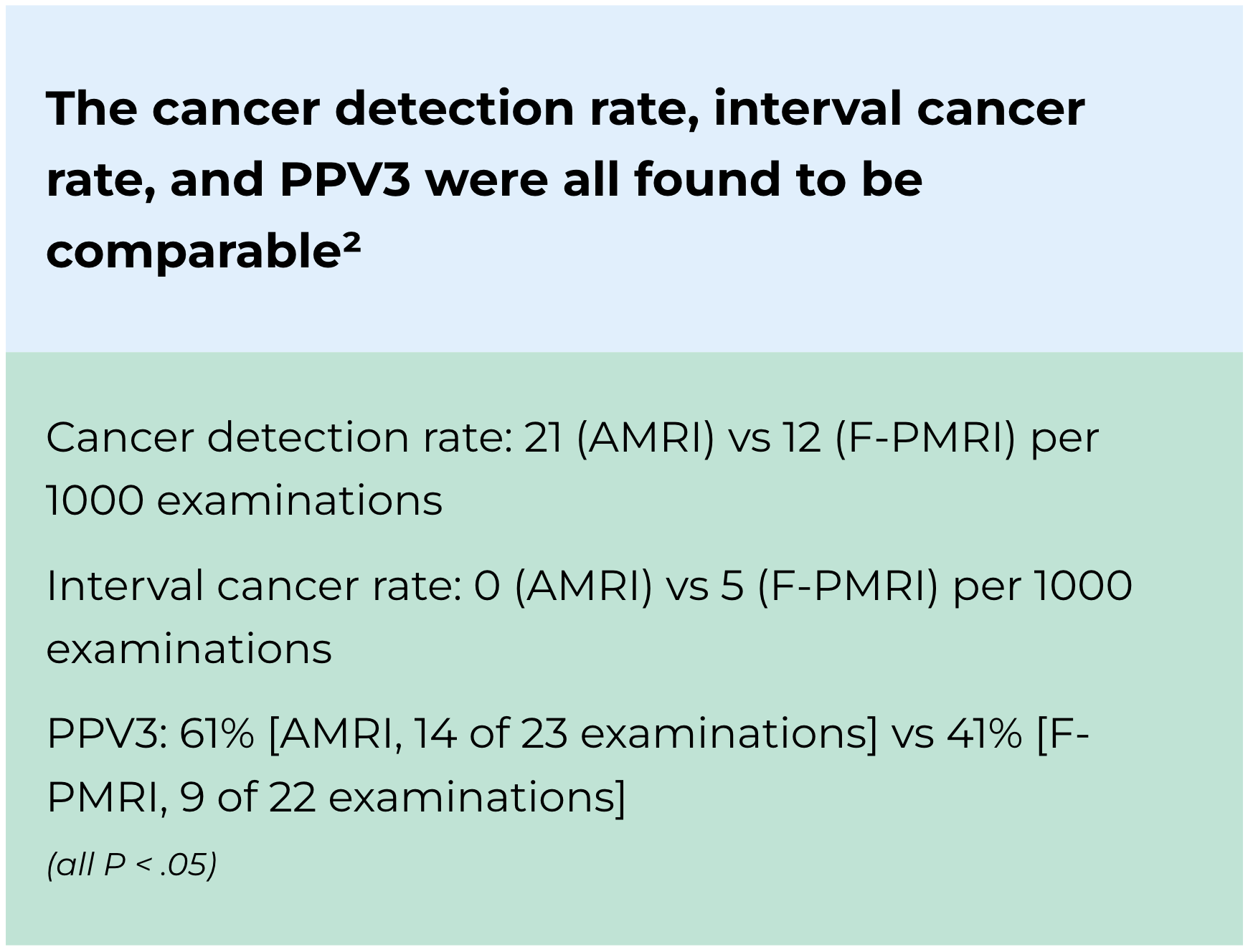
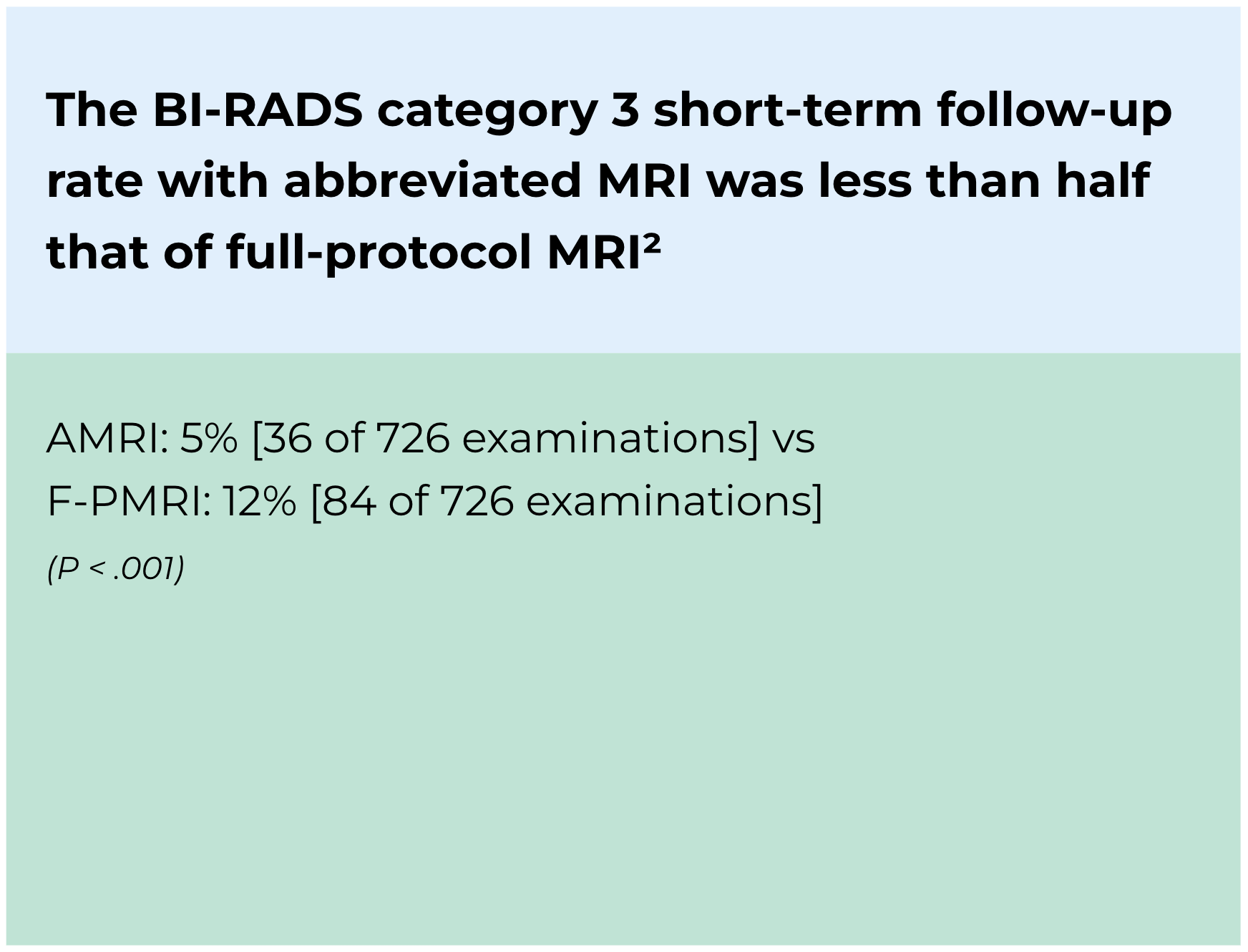

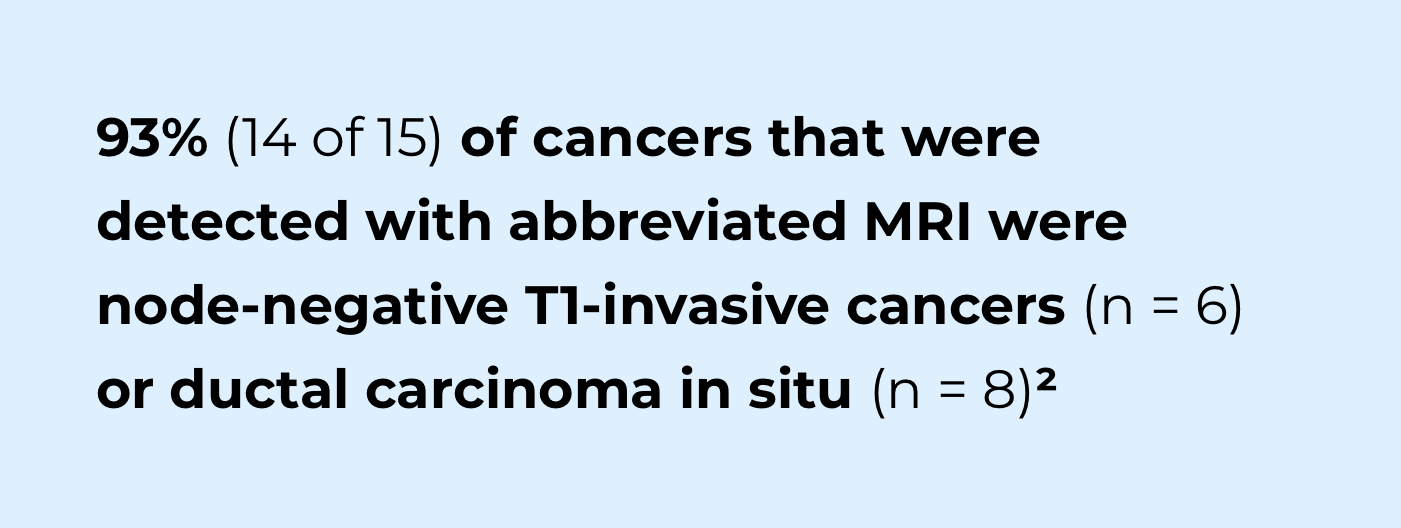
Conclusion
“Abbreviated breast MRI showed comparable sensitivity and superior specificity to full-protocol MRI in breast cancer detection in women with a personal history of breast cancer.”
The authors also concluded that more studies are necessary so that the abbreviated MRI protocol can be standardized, to refine and identify the population of patients abbreviated exams will most likely benefit, and to analyze the outcomes in people with breast cancers detected by abbreviated MR imaging.²
In Carriers of BRCA Mutations
In another recent, retrospective study among women who carried the BRCA1 or BRCA2 mutations, the performance of a standard full-breast MRI protocol was compared with abbreviated protocols, both with and without T2 weighted images.³
Results
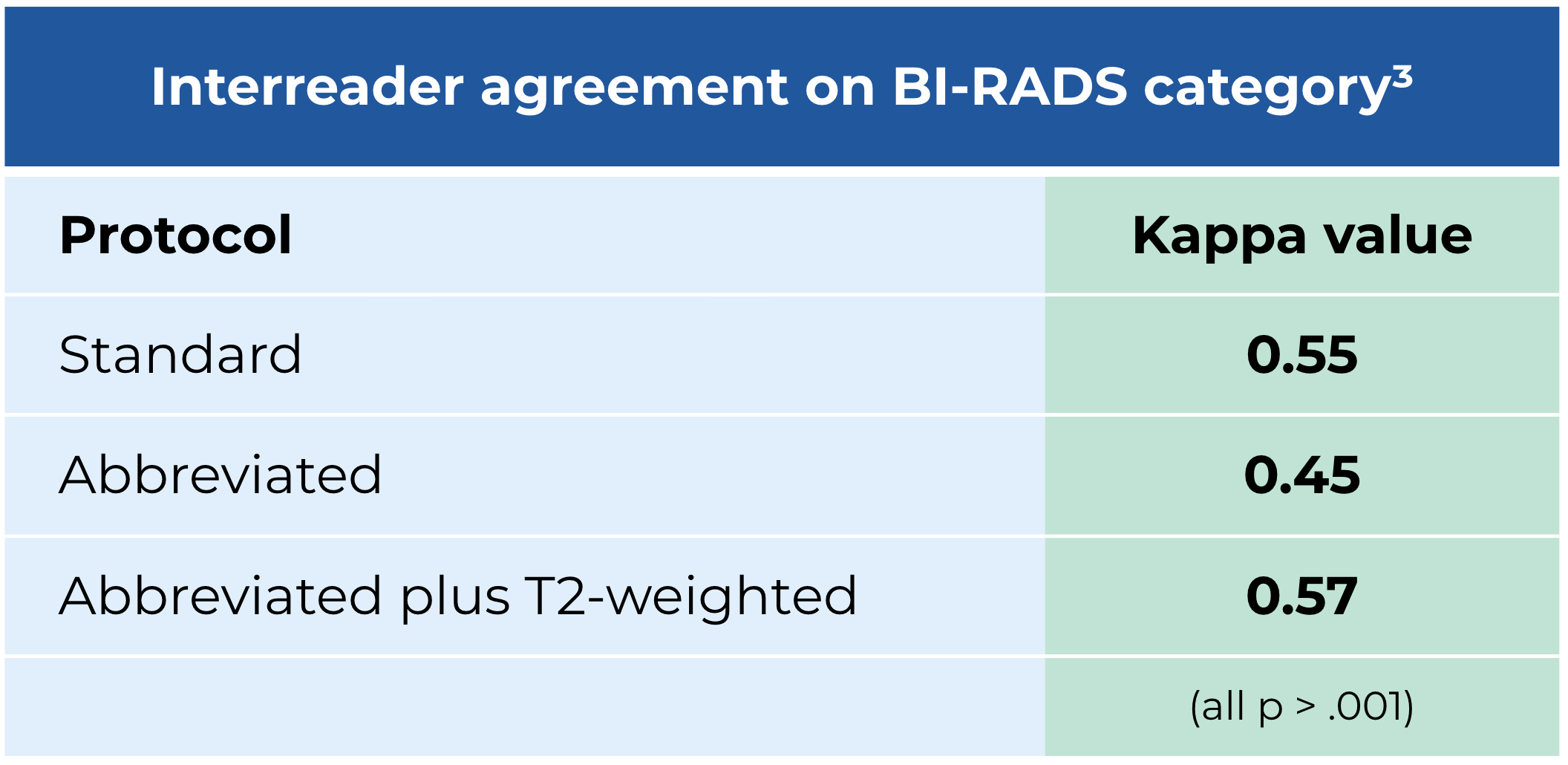
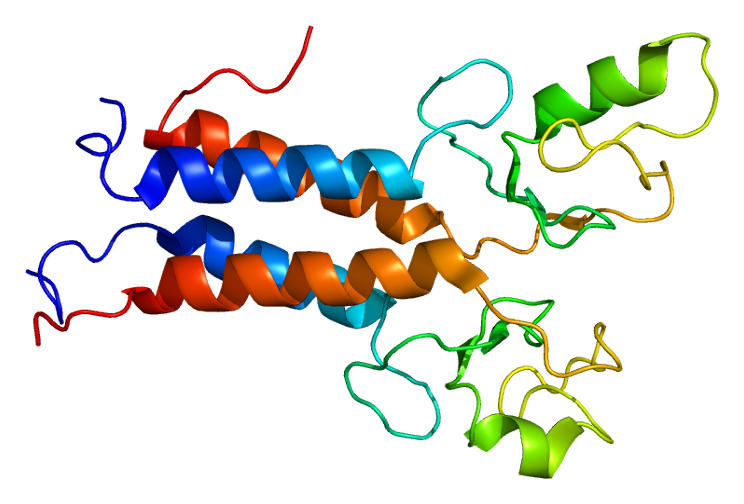

Conclusion
When compared to the full, standard MRI protocol, adding the T2-weighted sequence to abbreviated MRI protocols saw comparable sensitivity and accuracy as well as a slight increase in specificity.³
The authors concluded that their findings support the use of abbreviated MRI with T2-weighted imaging for breast cancer screening among patients with BRCA mutations.³
References:
- Schoub PK. Understanding indications and defining guidelines for breast magnetic resonance imaging. SA J Radiol. 2018 Oct;22(2):1353.
- Kim SY, Cho N, Hong H, et al. Abbreviated screening MRI for women with a history of breast cancer: comparison with full protocol breast MRI. Radiology. 2022;305(1):36-45.
- Naranjo ID, Sogani J, Saccarelli C, et al. MRI screening of BRCA mutation carriers: comparison of standard protocol and abbreviated protocols with and without T2-weighted images. AJR Am J Roentgenol. 2022 May;218(5):810-820.

